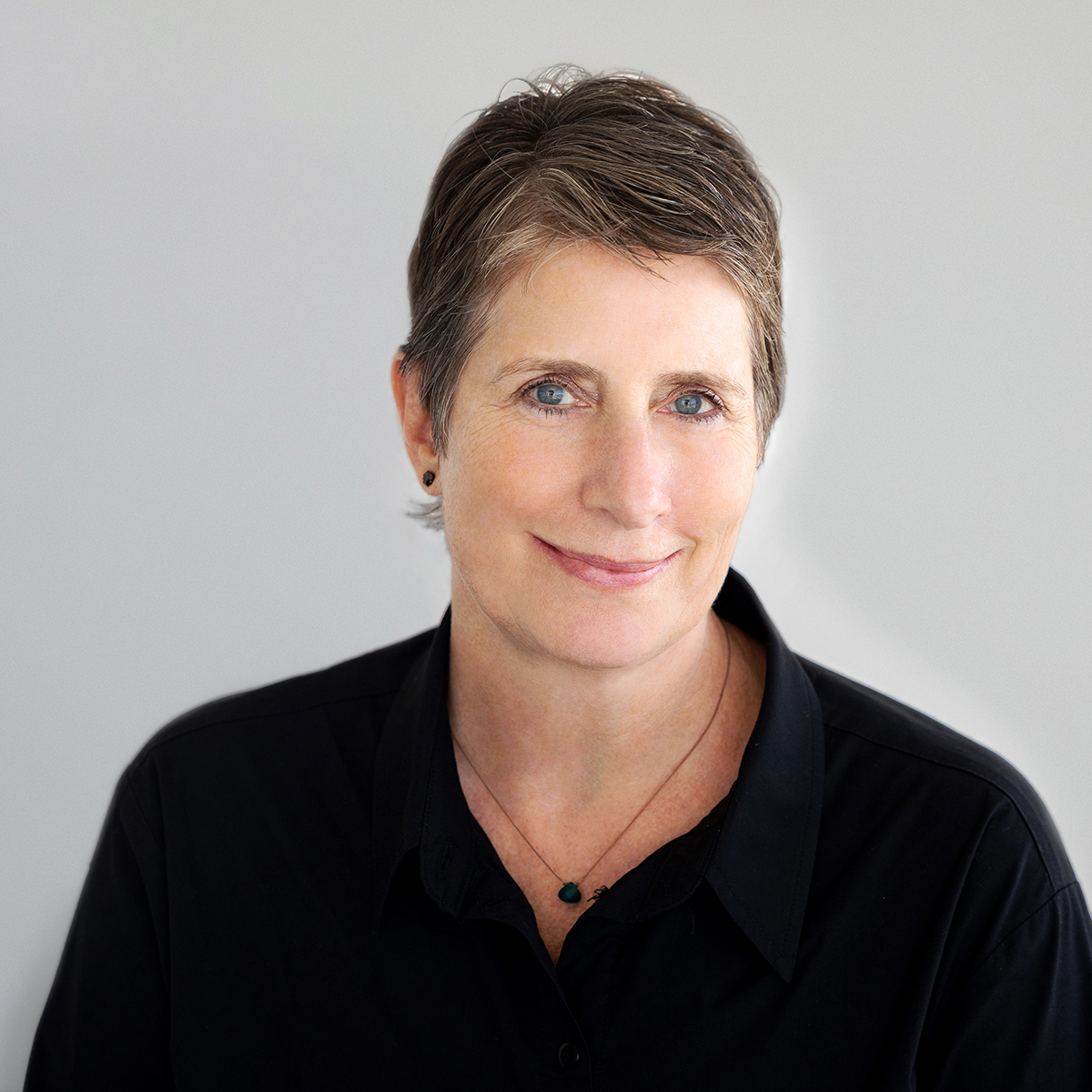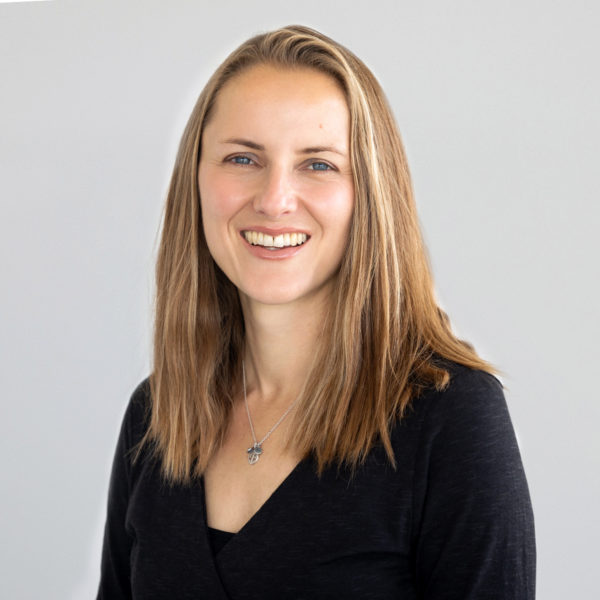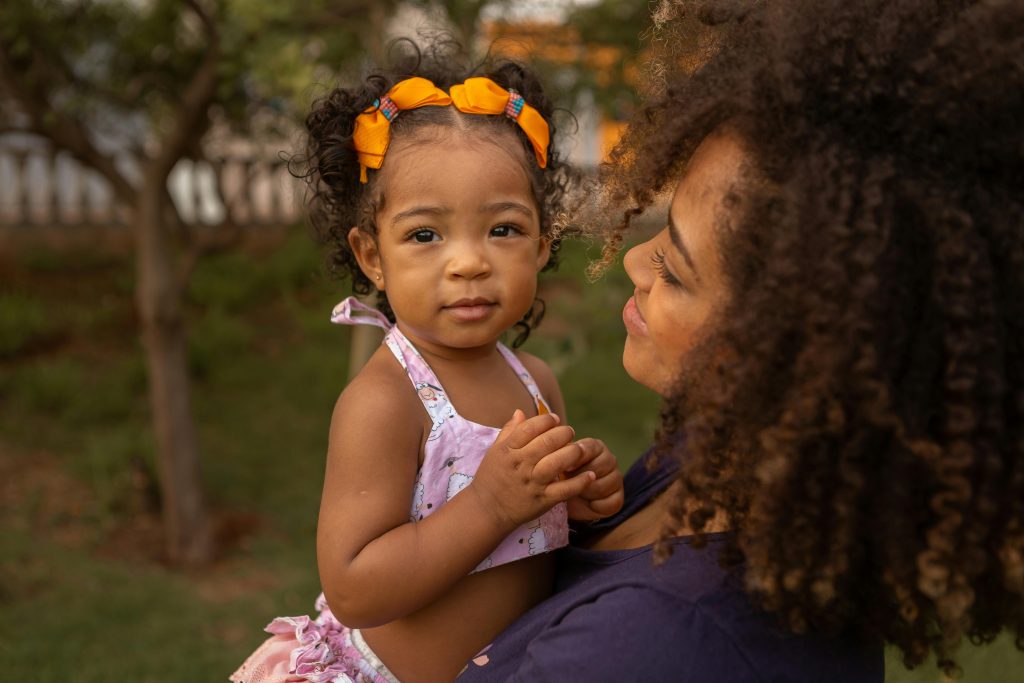
Ellen Lawton
Senior Fellow
“There should be a lawyer, a legal aid lawyer, in every single clinic in the country. You don’t have to call them a legal aid lawyer. You can call them a problem solver.”
Ellen Lawton has never stood down from a just fight—not as a parent, a colleague, or a pioneering lawyer who builds bridges between legal justice and health care. Ellen has spent more than two decades growing the field of medical-legal partnership (MLP), spreading the idea that some health problems are rooted in legal problems that require legal solutions—and that to achieve equity, legal advocacy must be embedded in health care. She was founding director of the National Center for Medical-Legal Partnership (NCMLP) at George Washington University, where she oversaw the growth of the MLP field from two dozen programs to nearly 450 nationwide. In 2021, she joined HealthBegins as a Senior Fellow to help braid the MLP model into the Upstream Movement. At HealthBegins, she directs a national initiative with Kaiser Permanente, in collaboration with NCMLP, to build medical-legal partnerships across the healthcare giant’s markets. Here she explains how she came to see legal advocacy as essential to health equity—and why she intends to make it foundational to a more just healthcare future.
When and how did you first recognize the reality of health inequity? And when did you begin to see medical-legal partnership as a critical tool to address it?
I think that the two journeys, the understanding of health inequities and the roots of medical-legal partnership, are very much intertwined. I was trained as a lawyer, and my focus and mission as a young lawyer was to work in the nonprofit sector, directly with low-income populations, initially in the domestic violence community. And so I cut my teeth on understanding the legal system through the eyes of someone who had been affected by violence and was also quite disenfranchised from the judicial system and from other systems that were supposed to support and protect that person. From that position I moved to work for the state of Massachusetts in the Child Protection Division, and what I saw were families and children who had been deeply affected by poverty, by racism, by all manner of societal ills. And that was really my first exposure to understanding the overlap between the judicial system and the healthcare system, because virtually all of the children and families that came through that system experienced the dual health effects of both poverty and living in communities that didn’t have access to resources as a result of structural racism. The deck was always stacked against them.
Was there a particular event or moment that stands out in your mind when the pieces clicked together, when you saw that these health problems were also legal problems, or the solutions that people needed were potentially legal solutions?
I certainly saw that in the child protection realm, where families didn’t have access to healthy housing and child care and income—things that may have prevented child protection risks and responses. I moved from there to work at Boston Medical Center as a lawyer in the pediatric primary care clinic, and what I saw was most families were successfully raising their children against the odds and really having to fight systems to get access to their basic needs. So that for me was the lightbulb about how important it was to bring legal problem-solving expertise much, much closer to people who weren’t in crisis, but that were at risk of being in crisis.
You were asking about different moments. I worked with a woman who had three young children. She came to Boston from Puerto Rico with her husband, who was abusive, and she left him after a particularly abusive episode, and she appropriately went and applied for public benefits that were explicitly designated to support victims of domestic violence in transition and looking for a job to support their children. In an appointment with her children’s pediatrician she said that her benefits had been denied and that she was completely despairing and didn’t know what to do. And so the social worker on the floor referred her to me, and I represented her in a hearing with the agency that was supposed to give her benefits. They overturned their decision to deny her benefits, and they awarded her these short-term cash benefits. Within the year, she had managed to find an apartment where she was able to get approved to be a childcare provider earning income. A complete transformation that likely would have been out of reach without legal advocacy.
And that was organic, essentially, right? That was just people figuring out what was needed.
That was sort of the rudiments of MLP. The fact that I was there at all at Boston Medical Center was the foundation for what would become MLP. That was probably ‘97.
And your job description, essentially, at Boston Medical Center was to help vulnerable patients with legal needs.
That’s right. I mean, the MLP approach has a lot of mothers and fathers and aunts and uncles. But that is what is considered the, quote, ‘first MLP.’
When medical-legal partnerships form now, what do these new sites need help to understand and to do? What are the big, frequent hurdles that they face where they need a helping hand from someone like you?
So when you think about medical-legal partnership, what you’re doing is building strong crosswalks between community-based legal organizations and healthcare entities—sometimes major health systems, sometimes small health centers. A core activity is engaging those healthcare partners and then helping to support them and their legal partners to speak the same language, to align around the same goals and activities, and really to help them form a team. Bringing in a community-based legal partner—who is a lawyer, generally, or a team of lawyers—they think about the world very differently than the healthcare partners think about the world, right? But at the center of that world, frankly, are the people we take care of and work with—what we call patient-clients. What the two sectors share is that they’re using their training and skills trying to support and improve the lives of the patient-clients that they are both privileged to work with.
When you first started, health equity was not a major priority for many in healthcare. But you sensed it. What experiences of your own do you think shape your understanding of health equity and the social determinants of health?
Certainly my parents, who were middle-class Democrats, who believed in justice and fairness and were always clear about the privilege that we’ve experienced in our family. I grew up in a white suburban community during the sixties and seventies, and we, in my early youth, had a front-row seat on the segregation nightmare in Boston. And that was something that was talked about around the kitchen table. And my mother, who was raised Catholic—and my father was, as well—they made the decision to leave the Catholic Church because of how the Catholic Church inserted itself in supporting segregation in Boston. So that made an imprint on me. And I think that gave me a social justice lens growing up and made me eager to find mission-driven work.
But I’ll also say that my work in a range of legal and social service systems has deeply affected how I see health inequities. It’s hard to ignore, frankly. So bringing that awareness into my own growth as a person, that sense of my own privilege as a white woman working in these environments, but also more broadly, seeing people at their very most vulnerable, as you do as an attorney. The people that you’re working with as an attorney are oftentimes in the absolute worst circumstance of their life. And so that both informs me and inspires me, because I’ve seen people overcome such incredible obstacles, and then I can apply those lessons to myself. I’m a sober alcoholic in recovery, and that’s a big part of how I walk around in the world.
How so?
As a person in long-term recovery, I have had the opportunity to spend time with people from all walks of life working against the odds to overcome challenges, and to learn from other people about their unique experiences. It’s empathy building, for sure.
I’ll just say too, both of my kids have severe ADHD. One had very severe mental health stuff, this was in 2nd, 3rd, 4th grade, multiple psychiatric hospitalizations, that kind of thing. And so that absolutely informs my current perspective on health equity. I don’t think I ever once went to pick up his ADHD medications, that I didn’t think about the many, many clients that I’ve had over the years who couldn’t get in the car and drive to Walgreens to get ADHD meds for their kids. Like, it just wasn’t an option, you know?
Describe a problem that people involved in healthcare face, be these practitioners or patients, that you would like to solve.
The problem that I would love to solve is the helplessness and hopelessness that people in healthcare feel around the systems that affect their lives and the lives of their patients. There’s a throwing up of the hands, which I think I understand, but what I would love to do is to inspire better and more effective advocacy both on behalf of themselves as well as on behalf of, and in partnership with, their patients. An example of that is the physician who told me that she was trying to help her patient who had an open child protection case, and the case worker hadn’t called the mom back. And so the physician had called the case worker four or five times, and the case worker had never called the physician back. And I said: ‘You’re a physician. Pardon my French, but what the f— are you doing calling the case worker repeatedly? Go up the chain of command. This is what you need to do to be an advocate for yourself and for other people.’ So: don’t feel so helpless in the face of bureaucracy and systems, understand how to do chain-of-command advocacy effectively, because that’s how the world works. And because if a physician is not empowered to do that, imagine your patient who doesn’t speak English well.
Looking ten years or so into the future, can you describe what you hope to have achieved in that time and how you hope the world will be different then?
For myself, what I’d like to be able to do is to, I think, chronicle the growth of the medical-legal partnership field with a focus on the people who have been part of the journey, so that we can learn from it and continue to build on it. And how I hope the world will be different? There should be a lawyer, a legal aid lawyer, in every single clinic in the country. You don’t have to call them a legal aid lawyer. You can call them a problem solver. You should have somebody who’s trained to do battle with systems and do the advocacy coaching that will stop people from giving up on holding systems accountable. So that’s my hope, that everyone has access to the legal coaching and resources that they need to unlock the resources that people need and deserve.
What advice would you offer to others who are striving to advance health equity?
Take your vitamins. And, I think, manage your expectations. And here’s my example of that: We wrote a memo in 2001 at Boston Medical Center about why it’s important to include legal services in payment mechanisms for Medicaid, connecting the dots between health and law and why it mattered. And that was 21 years ago. We are still inching towards that goal. But we got a lot of other wins along the way that have powered our movement. So I just feel like people have to pace themselves and take the small wins and manage expectations. I know that sounds like a kind of Winnie the Pooh response, and I don’t mean it that way, because I think some people can and should blow it all up. But it’s hard work. It’s really hard work upending systems.
What are your favorite films, books, or podcasts?
Comedy every time. Huge comedy fan. We love Maria Bamford. I’m going to get my husband a Cameo of Maria Bamford for his birthday. That’s how much we love Maria Bamford.
What’s a fun fact about you that people may not know?
I love ocean swimming year-round here in the Northeast!
Grace Rubenstein is a journalist, editor, and podcast coach specializing in health science. She is the Editorial and Communications Director at HealthBegins.
Featured Content
How to Read the New Federal Dietary Guidelines as a Health Equity Advocate
The new Dietary Guidelines released by the Department of Health and Human Services not only run counter to established health standards, but also against health equity goals. Here are the the issues with these guidelines and what actions health equity advocates can take for better outcomes.
Small Practices Improve Health and Health Equity in Big Ways
The EQuIP-LA effort led to statistically significant health improvements and highlighted lessons that could help amplify the impact of small practices in advancing equity in more places.
Building Community to Improve Maternal Health: Lessons from Group Prenatal Care
HealthBegins supported health centers across the country to find new ways to make maternal health more equitable and effective. The solution was Group Prenatal Care—a means of fostering community as part of the care—and the outcome was nothing short of inspiring.




